As your company encounters noteworthy development, the requirement to streamline operations gets to be foremost. Considering the appropriation of an ERP framework reflects a key move towards professionalizing advancement. Be that as it may, with the wealth of choices accessible, selecting the most reasonable ERP framework presents a challenge. Understanding the contrasts between ERP frameworks is vital for making an educated decision.
There are seven key qualifications to consider when assessing ERP frameworks. These incorporate components such as adaptability, customization alternatives, integration capabilities, user-friendliness, industry-specific highlights, bolster administrations, and cost-effectiveness. By surveying these contrasts, you can adjust the chosen ERP framework with your company’s interesting needs and future development direction. Eventually, selecting the right ERP framework will not only optimize current operations but position your organization for supported victory in the energetic commerce scene.
On-Premises or Cloud
Sellers of ERP systems frequently have two ways of advertising the computer program. You can introduce it locally on a server inside the dividers of your company. This is called ‘on-premise’. But these days, it is exceptionally well known to offer the computer program as a cloud arrangement. Without going as well profoundly into this, the cloud is a collection of arrangements in which the program is advertised through a web association.
Simply put, you have the choice to put it on your server. You can do this yourself or have it done by the provider of the program or by the usage accomplice. Or you can pick a cloud arrangement. Both arrangements have preferences and drawbacks, such as security, accessibility, and adaptability of the application. But believing in the provider who ‘manages’ your information is moreover exceptionally critical.
But the contrasts are not as they were in the innovation. The costs between on-premise and cloud are moreover distinctive. On introduction, you regularly pay a buy cost for the program, and you frequently pay 15% or more for support per year on the buy cost. The buy sum regularly depends on the usefulness you utilize and the number of clients. Be that as it may, this contrasts per provider. With a cloud arrangement, you pay a month-to-month expense. This is an all-in sum for utilization, facilitating, and other administrations. Here, as well, the month-to-month sum to be paid regularly depends on the usefulness and the number of clients.
Incidentally, with both arrangements, the program does not end up on your property. You get the right to utilize the program, but it does not become your property. A special case to this is an ‘Open Source’ framework, here you do not pay for the client
right, but it moreover does not get to be your property. See point 4 of this article.
Functionality
The extent of usefulness in an ERP framework is amazingly different. But the functionalities are moreover frequently advertised as modules or apps, and you have the choice of what you need to buy. You get the best client encounter when all usefulness is coordinated in one bundle. You at that point truly work in one bundle and do not have a diverse see and feel of the computer program for each app. There are moreover providers who offer apps, but these are not coordinates, but frame a connection to your framework. You abruptly have to bargain with different providers of your computer program framework. This implies that the frameworks on both sides must be kept up-to-date to proceed to communicate with each other. With a coordinated framework, you do not have this issue, and you as it were have to bargain with the provider of the program.
Many ERP frameworks are still exceptionally conventional and fiscally situated. The bundles are planned to display the redress budgetary figures. In any case, the current quickly changing showcase requests more from an organization, and coordinating client contact is critical and is getting progressively vital. See for an ERP framework that too offers usefulness that goes past deals, obtaining, stock, and generation, but moreover offers conceivable outcomes to oversee your site and showcasing.
Modern or outdated
Numerous ERP frameworks have been around for a long time and have been utilized for a long time by numerous companies. But fair since the framework is broadly utilized isn’t cruel, it’s the right bundle. Numerous ERP frameworks are so complex that they are nearly no longer reestablished, but they were extended. This regularly implies indeed more complexity and an actually obsolete system.
This can cause issues like;
1. Maintainability. The framework is so complex and entwined that alterations in one put lead to issues in another (too known as regression)
2. Not adaptable. Alterations to the framework are not conceivable or are complex and expensive.
3. Not a browser client. Each workstation has a so-called thick client. With each upgrade, you have to overhaul each workstation.
4. Outdated and no clear interface. The entirety of the framework is no longer of this time and no longer recognizable and user-friendly.
5. Accessibility. Making more seasoned frameworks available by means of the web is frequently not effectively possible.
When choosing an unused framework, get great counsel around the basic engineering, i.e., how is the framework built and whether is it cutting-edge or obsolete. If you do not do this, the development of your company will before long be constrained or moderated down by your framework, whereas the framework is gathered to offer assistance to you.
Open-Source or Closed Source
Numerous ERP Frameworks are Closed Sources (or called restrictive programs). This implies that the source code of the program is blocked off by anybody. Not for the conclusion client, but too not for an overseen or execution accomplice. The source code is the capital of the provider, and it is intensely protected. The income demonstrated by these providers is pointed at offering licenses, and replicating the program must be avoided.
For a long time now, Open Source has been rising. Not at all like Closed Source, the source code is accessible to everybody. Everybody can see how the program is put together and can adjust it and utilize it openly. Regularly the computer program is free, but it doesn’t have to be. The maker of this program can be a commercial company, but can also be an establishment. These companies make their cash by giving administrations on the item. The thought is that if you work with an expansive bunch of individuals on the same item, you get a superior item then the item is closed.
But maybe the greatest advantage is the opportunity to select who you need to work with. You do not have to work with the producer or provider. The program is open, and you have the opportunity to select (with does not say this seller lock-in)
The Origin of the System
The quality of a framework can regularly be determined from the history of the company and the framework. There are frameworks that began as a bookkeeping bundle and included functionalities over time. These bundles are fiscally solid, but they some of the time drop briefly in other zones. ERP frameworks, for example, started from the requirement to get a way better budgetary outline or to be able to better arrange a generation handle. There are too many frameworks that emerged from the extensive arranging required. Frequently you can still see the beginning of the framework in the functionalities.
Niche systems
If you work in a specialty showcase, there are regular frameworks that specialize in this. The provider knows this showcase and the program is totally adjusted to this. There are frameworks that are uncommonly made for this specialty advertise, but you too see numerous standard frameworks with a shell of usefulness (regularly called verticals) particular for a certain industry. Which framework is most reasonable and requires investigating the particular necessities of the specialty and whether the ERP framework underpins or can bolster this? A master in your advertisement may be the best choice, but a modern see can moreover be exceptionally reviving at times.
The implementation partner
In spite of the fact that the run of frameworks is expansive and there are certainly huge contrasts, the usage accomplice makes the most noteworthy distinction. The framework implies a certain conclusion and not a conclusion in itself.
Of course, the framework must be reasonable for the forms inside your company. But executing the computer program is an extent and ought to be drawn nearer as such. The part that the execution accomplice plays in this is vital to the victory of the venture. So think carefully about whether the company that is going to set up the program for you suits you, talks the same dialect, and has its tracks, and merits in the field of program usage and improvement.


